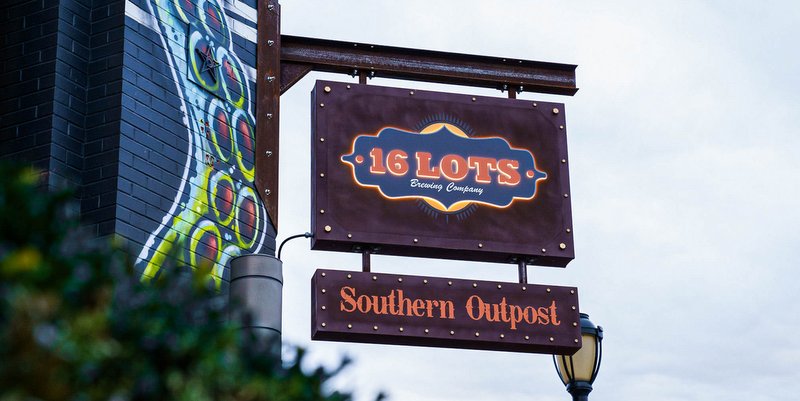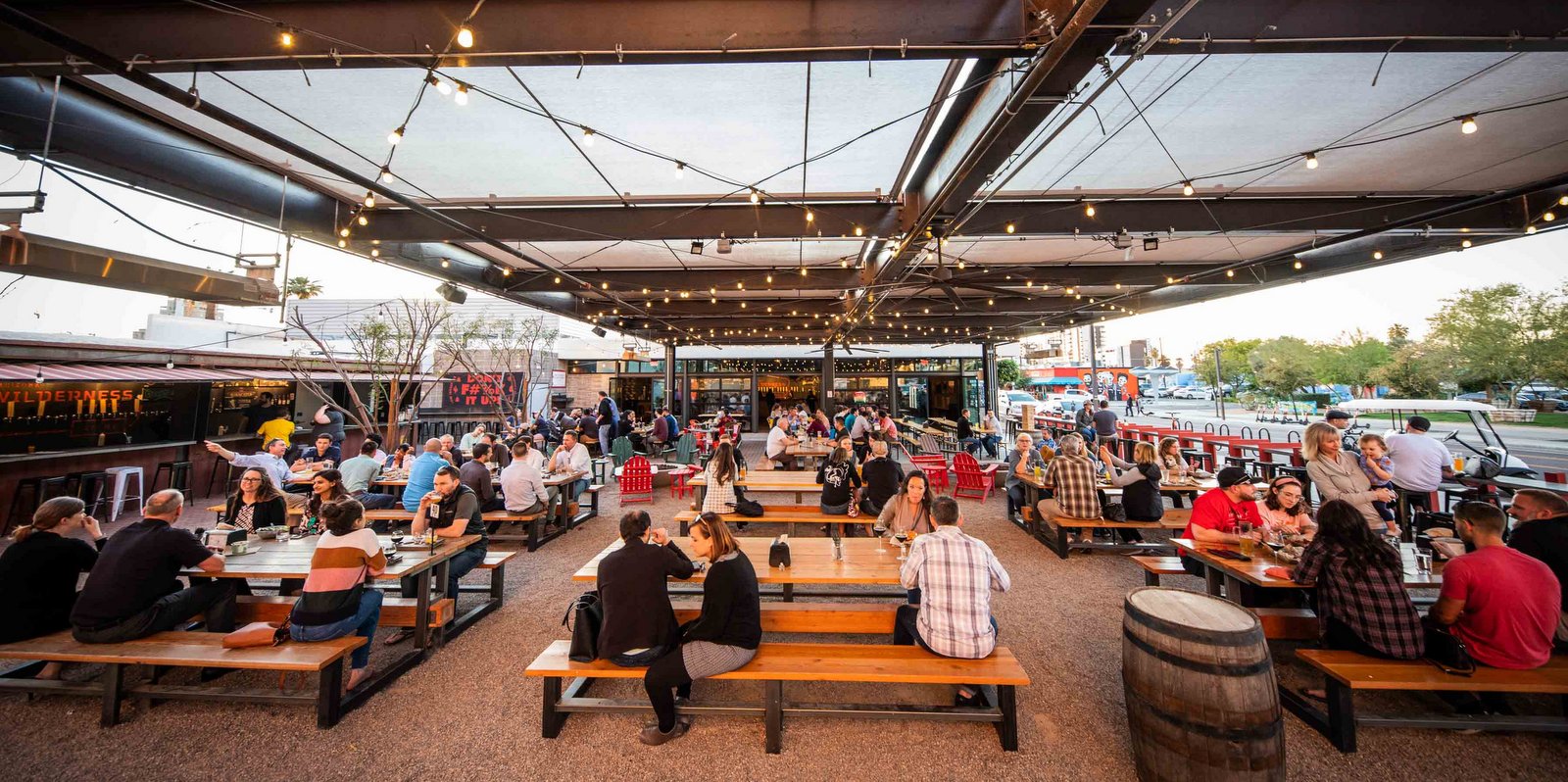Q: Looking forward over the next 20 years, what it takes to be “sustainable” will change, especially in certain areas where water is already scarce. What are your thoughts about dealing with these challenges?
Magerl: Resource problems like water scarcity and quality have always been big topics to me. Water scarcity is the biggest risk factor for food production operations in our state and others as well. Restrictions, like those imposed recently in California, don’t seem to be fully thought through as to the full consequences they may bring. These issues require long-range commitments. It is easy to see the problem, but harder to get committed actions to deal with it.
There is a region right on the boarder of France and Germany called Alsace that really represents an amazing collection of food and wine done very well by people that truly enjoy life. Some day we are going to catch up to them. We don’t want people to have to settle for something less or convert to an ideology in order to enjoy a superior product. Local, by itself, is not the whole answer – preserving high quality has to be a big component.
Q: Are you thinking about or pursuing dedicated supply chains?
Magerl: It is hard to grow hops around here – they are very susceptible to temperature and pests. We are actively involved in hops selection in the regions where they grow best, like Yakima, Wash. We send our people there to select different lots coming from different sites and specify the characteristics we need.
Malt is a little more open at this point. We have three acres of malting barley growing five to six miles outside of town that we contract with local growers for. Most malting barley grows in the Northwest part of the U.S. – Idaho and Montana. Completely different varieties of grain are grown here than what we use for brewing. The winter weather in Kansas makes barley more vulnerable to crop loss. The potential exists for different varieties of barley to be grown in our state that would be suited for brewing. We are talking with folks at Oregon State University about this.
Q: What advice would you give to others looking to enter the promising space of craft brewing?
Magerl: The brewery business is running counter to the trend of more closings vs openings in new business creation. That makes it exciting, but there are important things to watch out for. There was a wave of growth in the 1990s that resulted in some poor quality products making it to market. Recently, while talking to University of Kansas business students, I emphasized two words: Problems emerge. The thing you need to know is: how do I, or will I, respond, because each person responds to situations differently.
There was a problem with some sub-standard products that went to market out of a sense of having to get the product out there to meet the wave of demand, or a mindset of “I have to do this cheaper” to cut costs. However, when you are dealing with a biological business, cheaper is not always the best way to go.
From the interviews I’ve done so far, it seems clear that those who survive and thrive in the craft beer industry seem to have learned this lesson well – balancing the need for efficiency in many areas with the need for high quality ingredients and processes. The result: small businesses dedicated to avoiding waste and artisanal devotion to quality. Next, we will take a look at the good work Boulevard Brewing Co. is doing on sustainability.
Thanks to Sara H. Harper, Director of Sustainability Solutions at K•Coe Isom for contributing this feature.





김준영 liked this on Facebook.
김준영 liked this on Facebook.
RT @CraftBrewingBiz: Free State Brewing on sustainability and changing state brewing laws http://t.co/N7OvpUG8QW @FreeStateBeer @kcoeisom
RT @CraftBrewingBiz: Free State Brewing on sustainability and changing state brewing laws http://t.co/N7OvpUG8QW @FreeStateBeer @kcoeisom
RT @CraftBrewingBiz: Free State Brewing on sustainability and changing state brewing laws http://t.co/N7OvpUG8QW @FreeStateBeer @kcoeisom